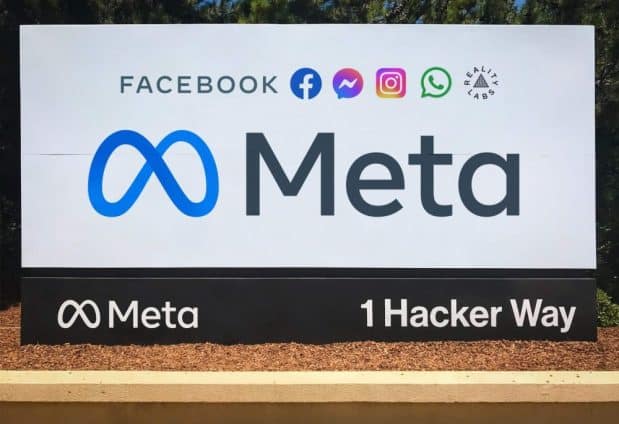Home » US business news » Meta files lawsuit against FTC over 2020 child privacy settlement
Meta files lawsuit against FTC over 2020 child privacy settlement
https://www.whatjobs.com/news/usa/us-business-news/meta-files-lawsuit-against-ftc-over-2020-child-privacy-settlement

By Nithya Bose in US business news, posted December 3, 2023

Meta has sued the Federal Trade Commission to block the reopening of a 2020 privacy settlement.
The company aims to contest the "structurally unconstitutional authority" exercised by the FTC.
It challenges the agency's right to enforce changes preventing Meta from capitalizing on data collected from users under 18.
Read More: Court Papers Claim Meta Designed Platforms To Addict Children
The dispute traces back to a 2020 consent agreement between Meta and the FTC.
It resulted in a historic $5 billion fine over privacy breaches.
In May, the FTC accused Meta of non-compliance with the 2020 settlement and proposed substantial alterations to the agreement.
It includes a prohibition on Meta profiting from data collected on minors, extending to information gathered through its virtual reality products.
Looking to boost your online brand? Create your FREE business profile at WhatBiz? here.
Meta's lawsuit was filed in a federal court in Washington, D.C..
It seeks a declaration from the court asserting that certain aspects of the FTC's structure violate the US Constitution.
The company contends that these constitutional violations render the FTC's proceedings against Meta unlawful.
Meta's legal action comes when the Supreme Court's conservative majority shows receptiveness to challenges against the Securities and Exchange Commission (SEC).
Need Career Advice? Get employment skills advice at all levels of your career
The court suggested that individuals accused of fraud by the SEC should be entitled to have their cases decided by a jury in federal court rather than the SEC's in-house administrative law judges.
This echoes some elements of Meta's lawsuit against the FTC.
Senator Edward J. Markey, a frequent critic of Meta and other big tech firms, called Meta's legal move a "weak attempt to avoid accountability."
He said: “In the face of a potentially massive fine, Meta’s adoption of extreme, right-wing legal theories to challenge our country’s premier consumer protection agency reeks of desperation.”
Follow us on YouTube, X, LinkedIn, and Facebook.













